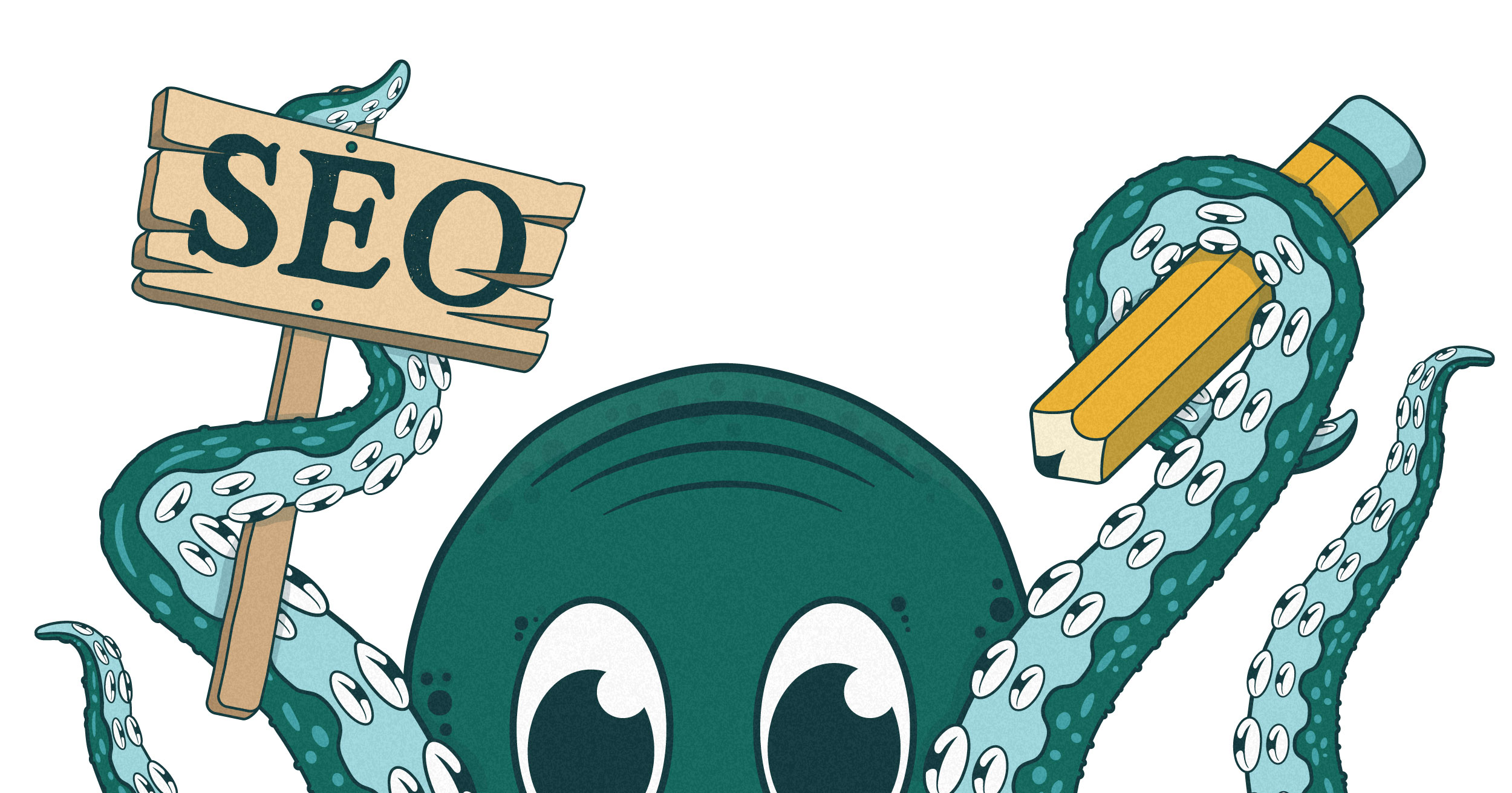2.22.23 | read time: 5.5 min
SEO: What, How, and Why?
116 & West
You’ve heard of it, marketers blab about it, and you know you should probably be using it. So, get comfy while we share the 4-1-1 about SEO minus all the humdrum jargon.
What is SEO?
Search engine optimization (SEO) aligns a website with factors of a search engine’s ranking algorithm. The algorithm uses on-page, off-page, and technical content from the website to determine the site’s relevance to the user’s search terms (query). It then displays the most appropriate websites on the search engine results page (SERP) for users to pick from to answer their queries.
How do Search Engines Work?
Our friends at Moz break it down for us.
Search engines have three primary functions:
1. Crawling: Search engines scour the Internet for information by reviewing the code/content for each URL they find.
2. Indexing: Search engines store and organize the content found while crawling a site. Once a page is in the search engine’s index, it’s in the running to be displayed as a result of relevant queries.
3. Ranking: Search engines show results from best to worst (aka most relevant to least relevant) to offer users the best answer to their query.
Why is SEO Important?
Search engines can miss important information and nuances when crawling, indexing, and ranking a site. Sometimes, keywords, metadata, or code a search engine looks for is hidden or not on the site. Improving a website’s SEO can lead to analytical bliss. Taking time to align a site with a search engine’s algorithm makes a website a wonderful experience for the user and easy to crawl for the search engine. This is key.
The outcome of Search Engine Optimization
When the website provides visitors (users) with a positive experience, the user is more engaged with the site. They will read more content, visit more pages, and take other desired actions. The higher the engagement rate, the better the conversions. These signals, plus over 300 other ranking factors, help increase the site’s page rank.
Companies continuously compete to rank in the highest position on the SERP, specifically Google, because 75%-95% of users never go past the first page of search results. (now a continuous page scroll)
How Long Does SEO Take?
SEO results are not immediate. There are nearly 2 billion websites on the internet, with many constantly updated and expanded. Indexing, crawling, and ranking all of those sites can take time.
SEO is a continuous process. Therefore, it is difficult to predict how long SEO will take. Google has stated that it can take four months to a year to start seeing results. Most companies report seeing results in six months to a year.
However, once you start seeing results, it’s essential to continuously update the website’s on-page and technical SEO every three to six months. This will ensure the site stays relevant and continues to outpace the competition.
Note:
Ranking in the top spot in organic search results is not always possible due to endless competition and personalized search results based on a user’s past searches ad browsing history.
What Factors Determine SEO Ranking?
Algorithms use signals (ranking factors) to determine how helpful and relevant the website is to the user’s query.
While Google has hundreds of ranking factors, some have more weight than others. However, quality content remains the number one ranking factor. Google’s Panda and Fred algorithm updates have shown that quality content engages users, keeping them on the site longer. This, in return, creates a low bounce rate and gives the user valuable information.
Google does not publicly disclose its algorithm, but based on statements from Google spokespeople, Google’s QRG or Quality Rater Guidelines, and additional research, we know that historically, ranking factors were based upon a metric called E-A-T (Expertise, Authoritativeness, and Trustworthiness). An extra E (Experience) was recently added, so it is now E-E-A-T, or Double E-A-T.
E-E-A-T
E- Expertise: Is the author or business an expert? Do they partake in daily or regular publishing of content about the topic? Google will even use people who often write about the same issue on Reddit to establish expertise without credentials.
E- Experience (the newest addition): Users prefer to get information from someone who has first-hand knowledge of the topic they’re looking for information about. Google recognizes this and favors content that demonstrates experience. For example, a surfer writing about how to surf (first-hand experience) versus a surfing photographer writing about how to surf will rank differently, with Google preferring the former.
A- Authoritativeness: Google quality raters will evaluate the author and the website to determine whether authority exists within the field of interest and the business. To gain authority, it is necessary to have other websites link to yours (backlinking) to showcase you as an industry leader.
T- Trustworthiness: Google notes trustworthiness is the most important of the E-E-A-T family. Trustworthiness is not only checking the accuracy of the content and information provided. Google also checks any cited websites, hidden content, and unsecured shopping cart connections.
What’s the first step in SEO?
SEO is constantly evolving because search engines continuously work to create better user experiences. While technology continues to develop, so do search algorithms, making it a constant effort to keep up.
SEO is similar to tending a garden. It takes constant effort. Weeding a garden once and walking away results in a garden overtaken by weeds. Optimizing a website once and then leaving it will cause a slip in rankings until competitors overtake its former position.
The ultimate goal of SEO is to give the end user the best experience possible. To achieve this, the website should answer all their questions up front and be as transparent as possible. This approach, known as inbound marketing, is arguably one of the best marketing strategies available today.
Our marketing approach is holistic in nature to give every end user and client the best experience possible. Want to improve your SEO? Get in touch.

